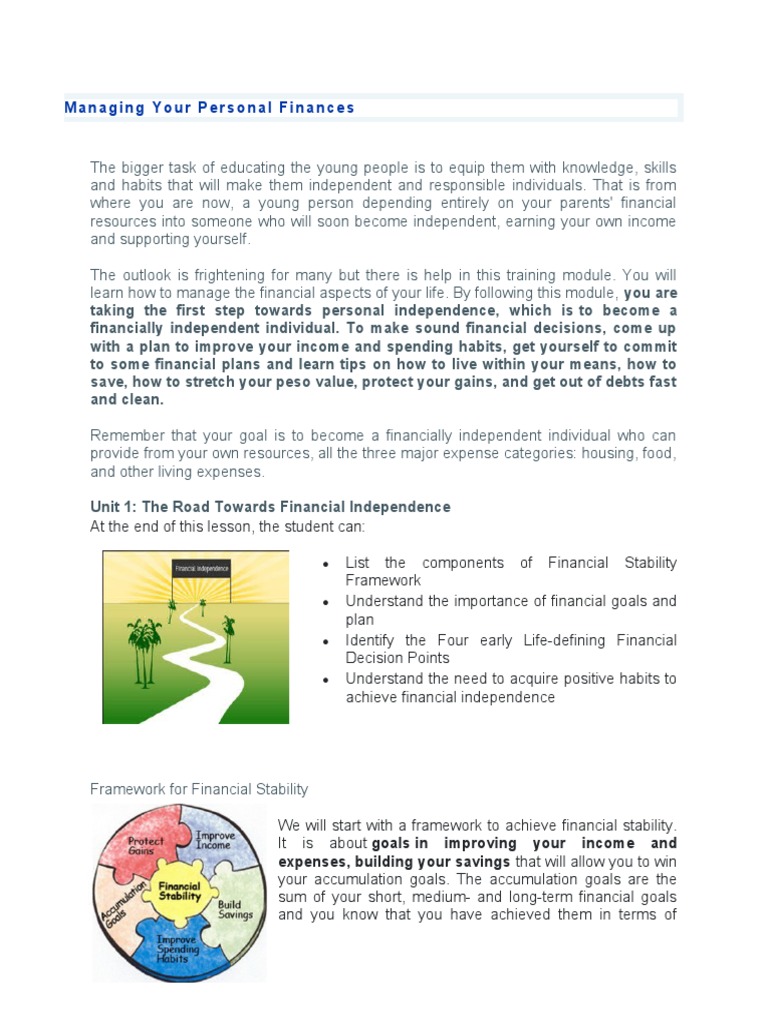In the ever-evolving world of finance, having the right resources at your fingertips is crucial. Whether you are a student, a young professional just starting out, or someone looking to revamp their financial strategies, having a solid understanding of financial management is essential. One excellent resource that stands out is the “Managing Your Personal Finances, 7th Edition” textbook from Cengage. This book is designed not only to educate but also to empower individuals to take control of their financial futures.
Why You Need the Managing Your Personal Finances Textbook
The importance of a comprehensive guide like the Managing Your Personal Finances textbook cannot be overstated. In the contemporary financial landscape, where there are countless options for saving, investing, and spending, being informed makes a significant difference. This textbook serves as a roadmap for individuals who want to navigate the often-complex world of personal finance with confidence and clarity.
Key Features of Managing Your Personal Finances Textbook
The “Managing Your Personal Finances, 7th Edition” offers readers a range of features that make it an invaluable tool in the journey of financial literacy:
- Comprehensive Coverage: This textbook dives deep into various aspects of personal finance including budgeting, saving, investing, and retirement planning.
- Real-world Examples: Each concept is illustrated with real-world examples that helps make complex topics easier to understand.
- Budgeting Tools: Readers will find practical tools and techniques that help in creating and managing budgets effectively.
- Investment Strategies: Learn about various investment options available and how to choose the best ones based on your financial goals.
- Retirement Planning: Understand the importance of saving for retirement and learn strategies to ensure a comfortable future.
Understanding the Role of Budgeting in Managing Your Personal Finances
One of the first steps in managing your personal finances effectively is learning how to budget. The Managing Your Personal Finances textbook emphasizes the importance of tracking your income and expenses. A budget acts like a financial roadmap, guiding you on where to allocate your funds wisely. Without a budget, you may find yourself spending more than you earn and running into debt.
Creating an Effective Budget
Creating a successful budget may initially seem daunting, but the textbook simplifies the process into actionable steps:
- Identify your income: Start by listing all sources of income, including salary, freelance work, and any side hustles.
- Track your expenses: Keep track of all your expenses for a month, categorizing them into essentials (like rent and groceries) and non-essentials (like dining out).
- Set financial goals: Determine short-term and long-term financial goals, such as saving for a vacation or building an emergency fund.
- Adjust as needed: Review and adjust your budget regularly to reflect changes in income or expenses.
Investment Insights from Managing Your Personal Finances Textbook
Investing is a key component of growing your wealth, and understanding how to do it responsibly is crucial. The Managing Your Personal Finances, 7th Edition provides a detailed overview of different types of investments and their associated risks and benefits. You’ll learn about stocks, bonds, mutual funds, and real estate, equipping you with the knowledge to make informed decisions.
Long-term vs. Short-term Investments
One of the main takeaways from the textbook is understanding the distinction between long-term and short-term investments. Here’s a quick overview:
- Long-term Investments: These are typically held for several years and include options such as retirement accounts and real estate. The textbook guides you in selecting investments that align with your long-term financial goals.
- Short-term Investments: Aimed at generating quick returns, these may include stocks or bonds that are bought and sold within a year. The risks and rewards of short-term investments are discussed in detail to prepare you for potential fluctuations in the market.
The Importance of Having a Financial Plan
A financial plan is a crucial element of managing your personal finances. The textbook outlines how to create a solid financial plan that includes budgeting, saving, investing, and planning for taxes. This plan acts as a guide, helping you stay on track to achieve your financial goals.
Steps to Create Your Financial Plan
Here are a few essential steps you can take as highlighted in the managing your personal finance textbook:
- Set your financial objectives: Think about what you want to achieve financially in the short and long term.
- Assess your current financial status: Take stock of your current income, expenses, savings, and investments.
- Draft your financial plan: Based on your objectives and assessment, create a detailed plan that outlines how to achieve your goals.
- Review and adjust: A financial plan is not static. Review and adjust it regularly to accommodate any life changes.
Resources to Enhance Your Financial Knowledge
In addition to the Managing Your Personal Finances textbook, there are many additional resources available that promote financial literacy. Online courses, podcasts, and webinars can offer supplementary knowledge and insights into the ever-changing financial landscape. Seek out reputable sources and platforms to continuously educate yourself—we live in an age where information is incredibly accessible.
Joining Financial Communities
Another beneficial aspect of financial education comes from connecting with others who share similar goals. Look for online forums, local meetups, or community groups focused on personal finance. Engaging in discussions can provide new perspectives and encourage you to take actionable steps toward achieving your financial objectives.
Final Thoughts on the Managing Your Personal Finances Textbook
The world of finance may seem intimidating, but with the right resources and knowledge, it can become an empowering journey. The “Managing Your Personal Finances, 7th Edition” textbook serves as an all-encompassing guide to help you navigate this journey with confidence. Remember, the path to financial literacy is a marathon, not a sprint. Consistent learning, practicing budgeting, investing wisely, and forming a solid financial plan will yield significant rewards in the long run. Embrace the information, stay curious, and take charge of your financial future today!



